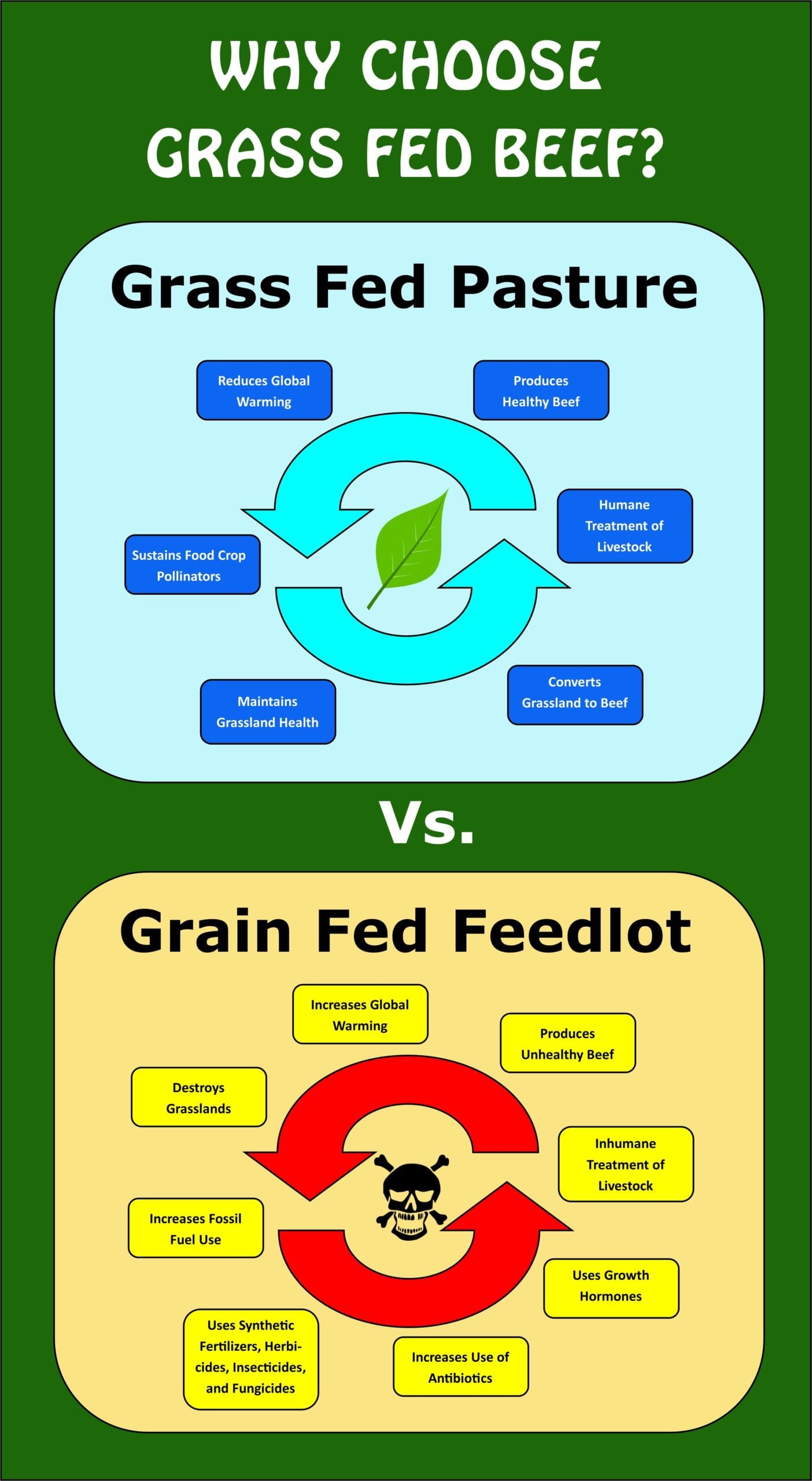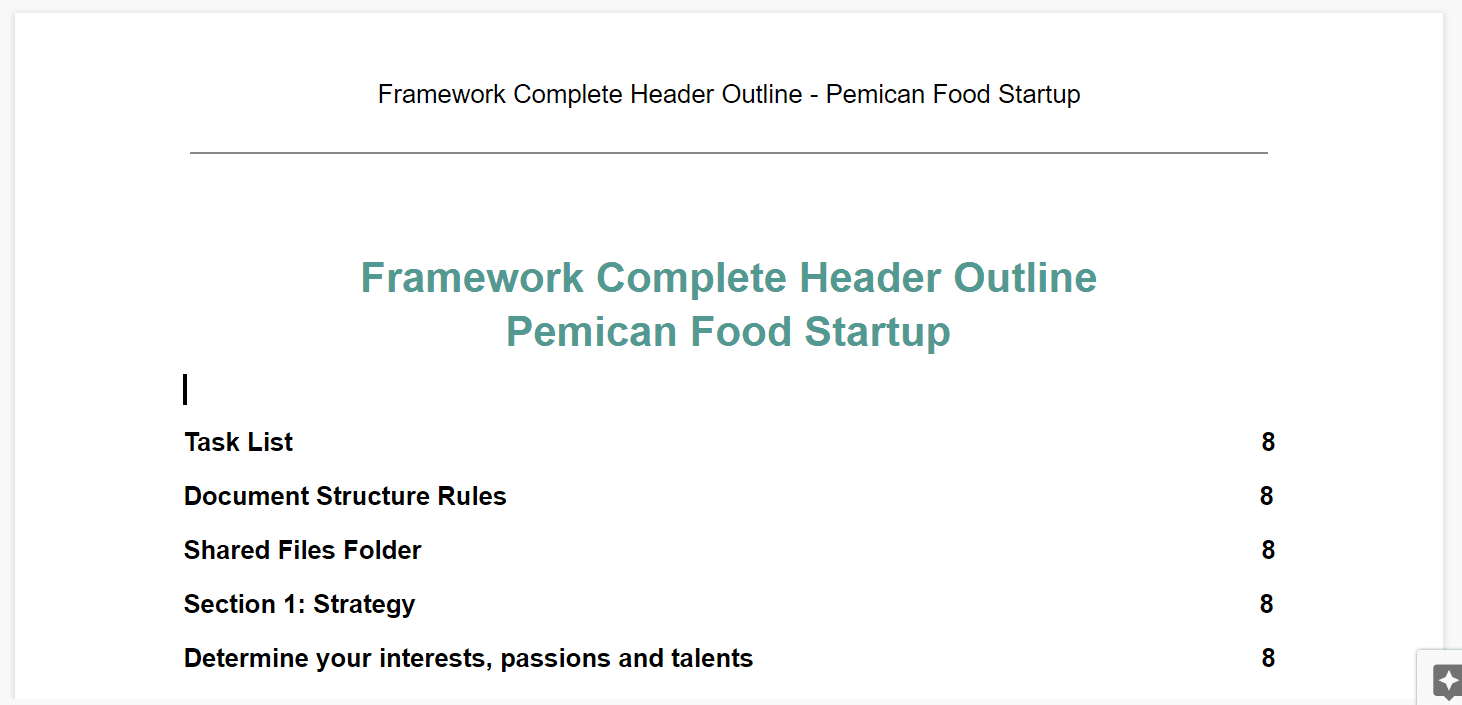This post is part of an ongoing documentary I am publishing on my progress for developing, launching and growing a food startup. I am using my Growth Stack roadmap and my Lean & Agile Framework, tools I have published online at my startup incubator to help consumer product startups. For the overview of this project, please click here. For the list of articles in sequence about this project, please click here. To be notified about new posts, please subscribe to the email list of my startup incubator from the footer of any page. I also post content updates to various social platforms. See the footer of any page on this website for those links.
In Section 1: Strategy of Basecamp InQb8r’s University platform, I outline a framework to help define high level strategic elements in a company. The key is to try and attain the following, which I have copied out of that section:
“Who you are and what is deep down inside you should manifest into your business, your products, your actions, your operations and your brand. When this is aligned, it becomes easier to do it because your company is an extension of you.”
Determine your interests, passions and talents
Interests are wanting to know or learn about something – they are more intellectual in nature. Mine include discovering and creating discovering new products and figuring out how to bring them to market
Passion is what is in your heart and what you feel – they are more emotional. I have a passion for health and wellness, the environment and animal welfare.
Talents are innate (existing from birth) and what you are good at. Mine revolve around self-motivation and being a self-starter – taking things from idea to reality, and all the planning, project plans, task lists, organizing, numbers and data that goes along with that.
My interests, passions and talents indicate fit and alignment with doing a food startup.
Where do you have (External) leverage
I ask startups to figure out internal and external leverage. External leverage is knowledge, experience, network, etc.
For this startup, I have pretty good knowledge and experience and a network of people based on doing previous food startups.
But I’ve also done a lot already with producing meat-based products for my pet business, so borrowing from there to here is pretty easy. I have a commercial kitchen and equipment and a supply chain already in place. I could not scale very large with these resources, but I can start out and run at a small level and test for a while before needing to upgrade my manufacturing facility and supply chain.
Develop your backstory
It is important to create a story that forms a bridge between your pain, needs and desires and how you created your products and company based on solving them.
Mine in this case are health struggles from chronic issues that I have been able to mostly fix through a few things, especially foods, so I want to build a company that creates products that can help others in the same way that they helped me.
Determine your vision, mission (values), culture
I’ve written about these elements here and can take time to figure out. Some initial ones important to me include the following. I may not be able to accomplish them all but have outlined them at this early stage to help in my planning.
Vision: Certified B Corporation; direct and reseller/retail distribution; high repeat purchase rate; strong word-of-mouth advertising; community involvement and feedback much like Soylent accomplished with its brand.
Mission: best quality ingredients sourced from animals treated humanely; neutral carbon footprint; recyclable/biodegradable packaging.


